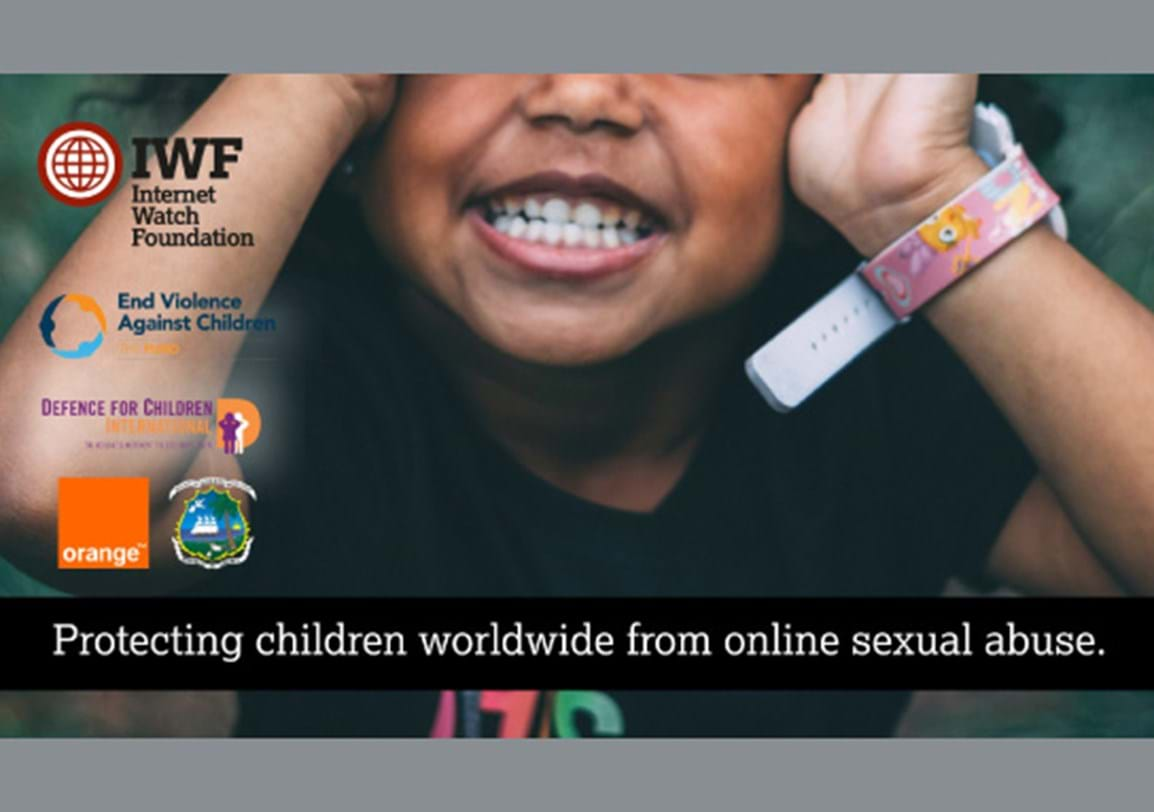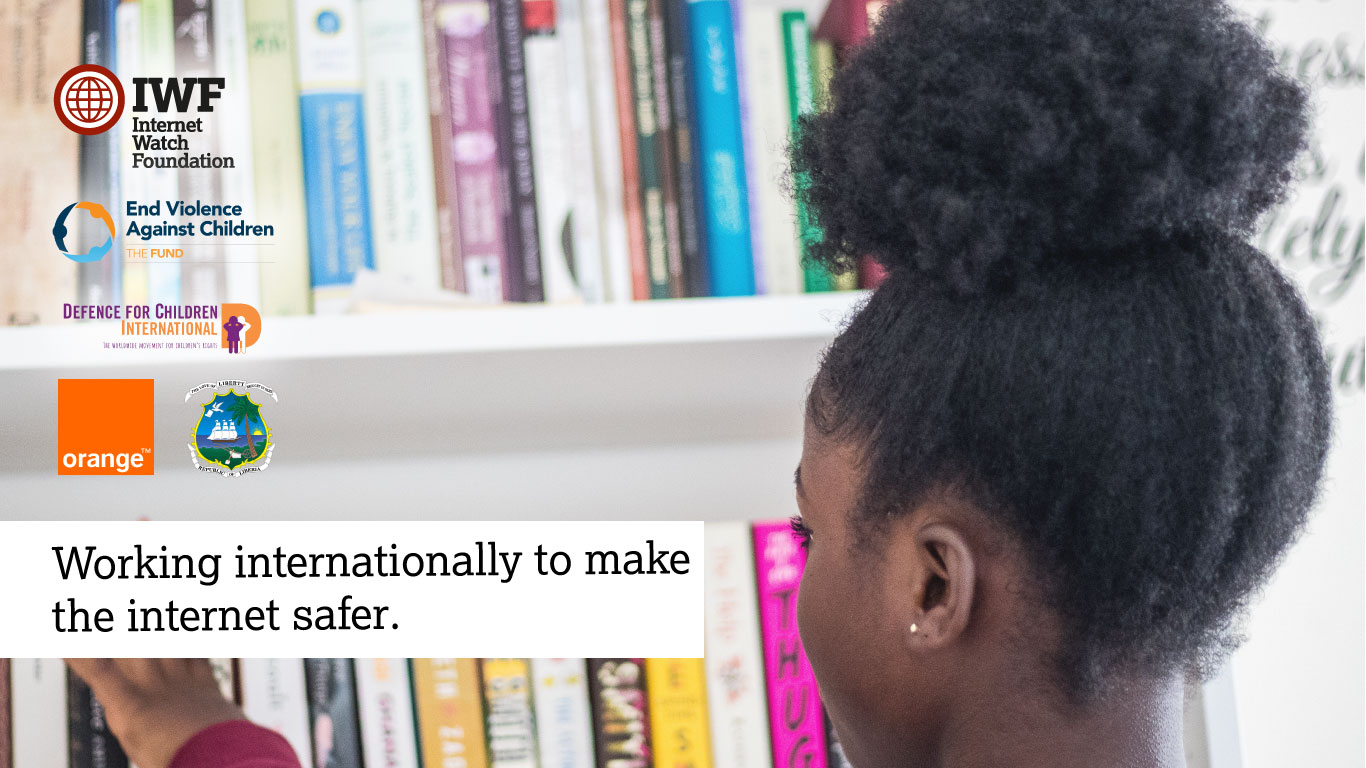
AI-generated videos of child sexual abuse a ‘stark vision of the future’
Real victims’ imagery used in highly realistic ‘deepfake’ AI-generated films

Published: Tue 5 Feb 2019
Taking another step in its global battle against online child sexual abuse content, the Internet Watch Foundation today (5 Feb – Safer Internet Day) launches a web-based reporting system through which the citizens of Liberia can fight online child sexual abuse imagery – with help from expert analysts in the UK.
Liberia is the latest country in Africa to launch an IWF Reporting Portal. It means any person in Liberia who stumbles across suspected images of child sexual abuse online can now send the URL (web address) anonymously to the IWF in Cambridge where the images will be assessed and removal work triggered.
Launching on Safer Internet Day and the result of a partnership between the IWF, the Liberian government, Liberia’s Defence for Children International, and GSM service providers Orange Liberia, the IWF Portal is a pioneering initiative in a country where 95% children now use the internet.
“We’ve made the UK a very hostile environment for hosting such criminal material and the next step is reaching out to help others join the fight,” said Susie Hargreaves OBE, the IWF’s CEO, welcoming the west African state into the charity’s network.
The Liberia Portal is funded by a grant awarded by the global Fund to End Violence Against Children. This will fund the implementation of portals in 30 countries across the world. By the end of 2020, the total number of IWF Reporting Portals is planned to be 50.
Ms Hargreaves added: “Having somewhere to report child sexual abuse material on the internet is an important part of building a country’s cybersecurity which, in turn, enables a country’s internet economy to flourish. We recognise that this can be incredibly costly for countries who are dealing with a myriad of challenges, which is why the Fund to End Violence Against Children is so important. It enables us to provide the portals for free and in turn builds awareness of the need to combat this criminal content on a global scale.
“We also recognise that all countries are different which is why the partnerships in Liberia are vital as they provide advice to us, and steer and embed the portal.”
Since the IWF was founded in 1996, known child sexual abuse imagery hosted in the UK has plunged from 18% to less than 1% of the global total.
Ms Hargreaves added: “The nature of the internet means you can be anywhere in the world and access child sexual abuse material hosted in another country. That’s why we’re supporting other countries in opening portals, often in places where poverty leaves children particularly vulnerable to exploitation. Everyone should have somewhere to report this material.”

Locally-led IWF portals are already operating in several other African countries – Angola, DRC, Malawi, Tanzania, Mauritius, Uganda, Namibia, Mozambique and Zambia while round-table talks with potential portal partners in Comoros start this week.
This work is part of the WePROTECT Model National Response whereby governments and organisations in 2015 agreed to establish and deliver, in their own countries, a coordinated national response to online child sexual exploitation.
IWF has already helped establish such platforms in 25 countries – working with national governments, NGOs, local law enforcement partners, and regional telecoms networks to widen the battle against child sexual exploitation and abuse on the web.

Real victims’ imagery used in highly realistic ‘deepfake’ AI-generated films